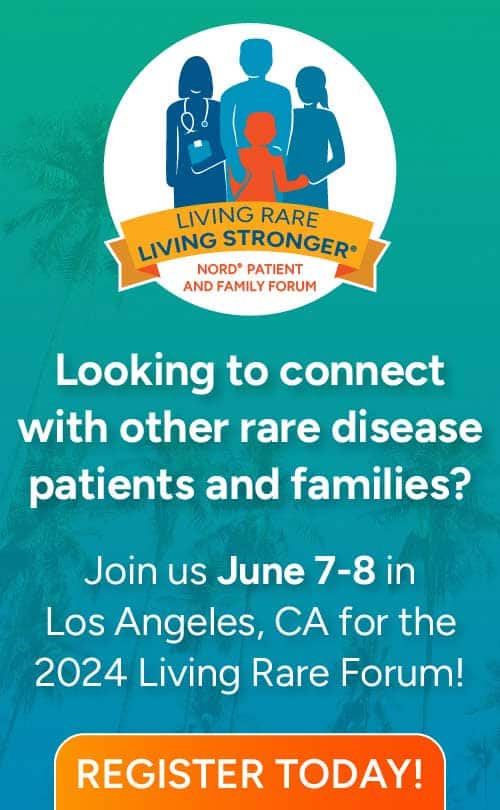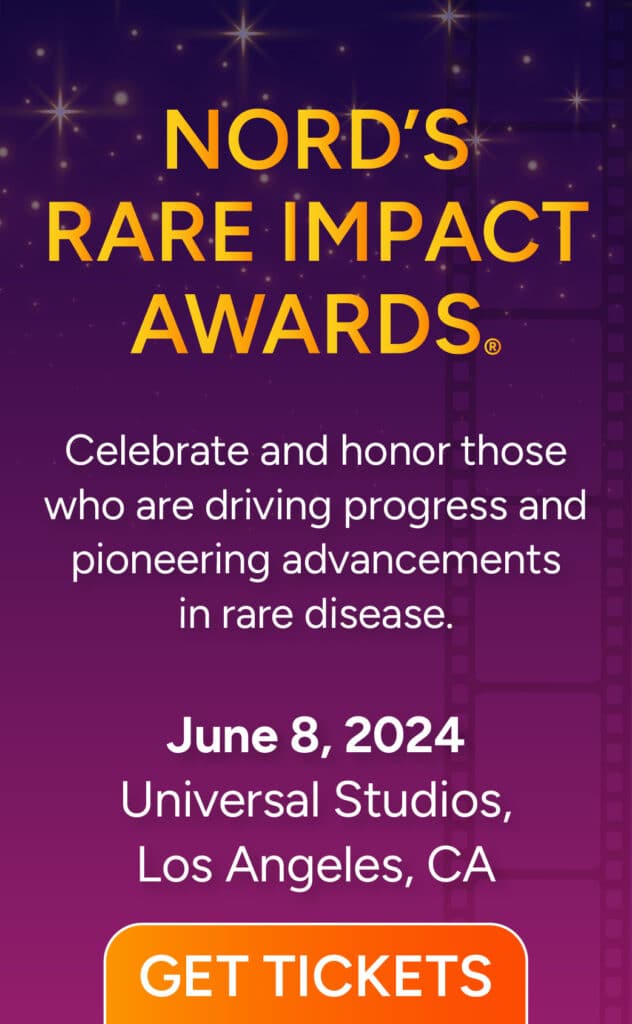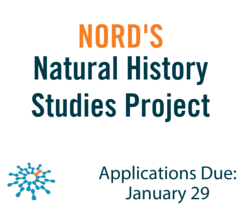To further the study of rare diseases, the U.S. Food and Drug Administration (FDA) has awarded a $250,000 grant to the National Organization for Rare Disorders (NORD), the leading independent, nonprofit organization committed to the identification, treatment, and cure of rare disorders. NORD will use the grant to develop 20 natural history studies for 20 rare diseases based on a lottery system.
Patient groups can enter the lottery for the Natural History Study Project by applying on the NORD website: www.rarediseases.org/patient-registries/nord-fda.
“NORD’s Natural History Study Project tackles one of the greatest needs and an inherent challenge of the rare disease community: having enough longitudinal data to help medical researchers better understand how these diseases develop and progress over time,” said NORD President and CEO Peter L. Saltonstall. “The FDA’s support enables us to expand this important program with our shared goal of supporting patient organizations and helping patients.”
The grant will fund a one-year cooperative agreement that builds upon the Natural History Study Project in NORD’s Registry Platform, which it launched last year. NORD developed the platform with input from patients and patient organizations, researchers, and regulators as part of its mission to identify and treat all 7,000 rare diseases.
“Natural history studies can yield vital information that is essential to clinical trial design such as biomarkers, demographics, genetic and environmental variables, disease progression, and patient perspectives on the challenges of living with the disease,” said NORD Research Program Manager, Jacqueline Kraska. “Studying one rare disease can lead to findings about another.”
As part of the grant, NORD will work with patient groups and the FDA to develop a registry toolkit containing best-practice tools and templates that will aid future organizations to initiate and conduct natural history studies that are designed to fill research gaps and support drug development programs.
Rare diseases pose unique challenges to researchers and companies working towards treatments and cures due to their small patient populations, poor understanding or documentation of natural history data, clinical endpoints that are often unclear and enrollment and retention challenges for clinical trials. There are 7,000 rare diseases that affect 30 million Americans, 20 million of whom are children. Less than five percent of rare diseases have an FDA-approved treatment.
“This program will fill the unmet need of a generalized, standard approach to natural history study development across rare diseases,” added Saltonstall.




